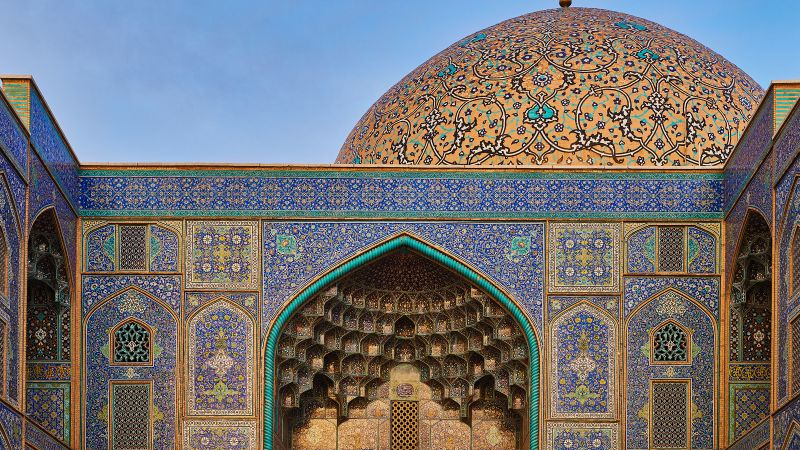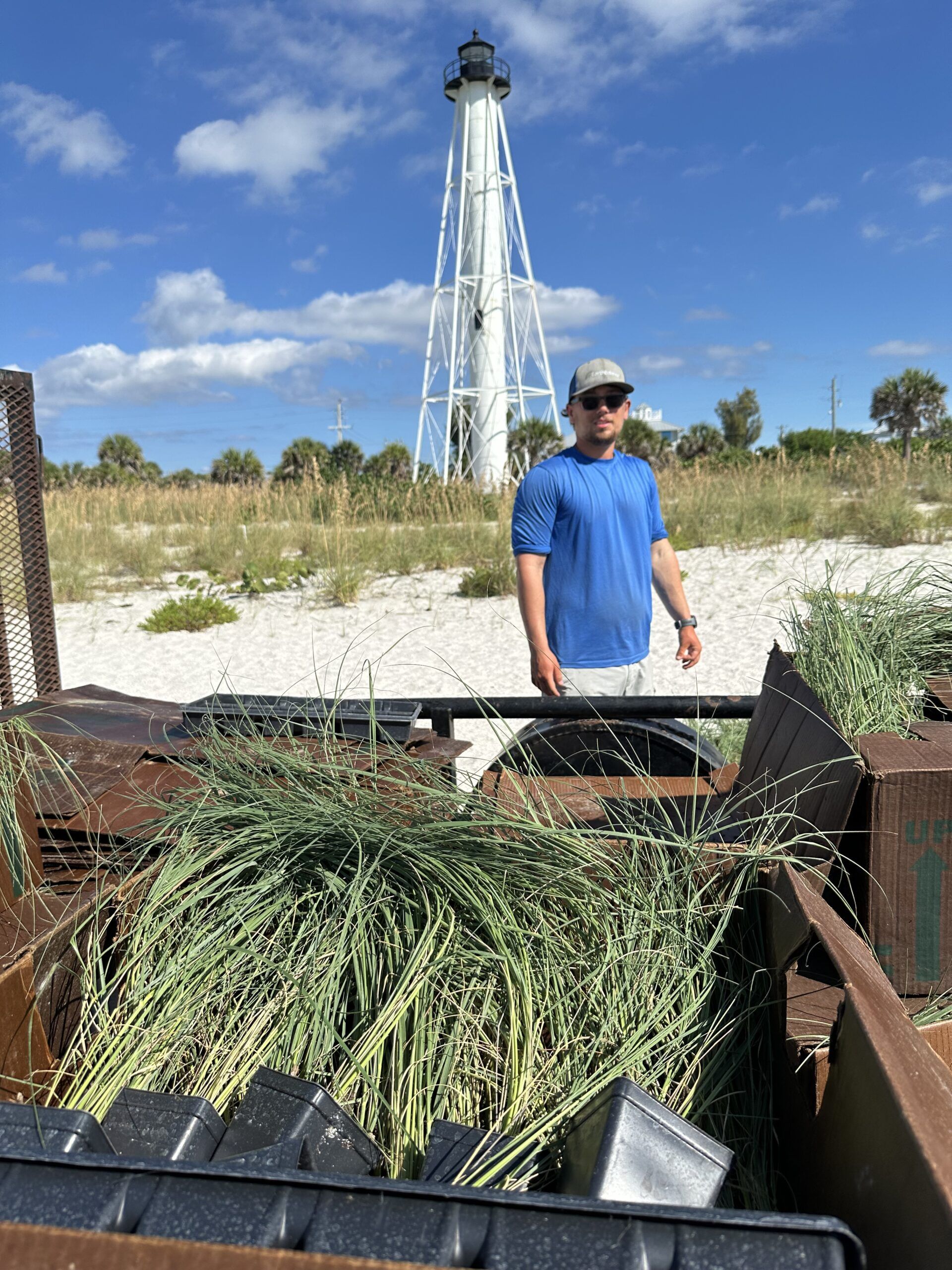Solo Traveler’s Harrowing Escape from Iran Amid Israeli Strikes

When 24-year-old Ariel Kang Chengxuan embarked on her solo journey through Iran, she could not have anticipated the geopolitical storm she would find herself in. On June 12, while sleeping on a Persian carpet in a homestay in Isfahan, Kang was unaware that Israel had launched a series of devastating strikes on Iran’s nuclear and military facilities. The attacks marked the beginning of 12 intense days of conflict that would transform her adventure into a race for safety.
The next morning, Kang received messages from worried friends about the airstrikes. Despite the escalating situation, life in Isfahan seemed to carry on with a semblance of normalcy. Shops remained open, although the streets were noticeably quieter. It wasn’t until June 14, while watching television with her host family, that the full gravity of the situation hit her. “We were so shocked to see the scene of the missile attack,” Kang recounted. Her hosts, familiar with military conflicts, warned of potential airport closures.
Travel Warnings and Diplomatic Challenges
The US State Department has long advised against travel to Iran, citing risks of terrorism and civil unrest. However, Kang, a Taiwanese citizen, was drawn to Iran’s rich heritage, making it the 51st country she visited in three years. Without formal diplomatic ties between Taiwan and Iran, Kang was advised to reach out to the Chinese embassy for assistance. After initial difficulties, she managed to contact them, only to learn that evacuation plans were not yet in place.
Despite the turmoil, Kang remained undeterred. “I had heard that the target was the Iranian government, not civilians, so I wasn’t too worried about my safety,” she explained. Yet, she knew she needed an exit strategy.
Navigating a Complex Journey
Kang’s solo travels began in 2022, supported by a part-time job. Her experiences in countries like India and Egypt had prepared her for the unpredictability of Iran. “I love challenges,” she said. “They create unforgettable memories.” Her journey was facilitated by a 15-day visa, acquired for $15, with an additional $134 paid upon entry.
Iran’s limited tourist infrastructure posed challenges, but Kang adapted by booking homestays and relying on the kindness of locals. “You need to have the courage to ask others for help,” she noted. The warmth of human connection became a highlight of her trip, with strangers often approaching her to offer assistance.
The Allure of Isfahan
Isfahan’s architectural beauty was a major draw for Kang. Known for its stunning Persian blue-tiled domes, the city was once a key stop on the Silk Road. Today, it boasts several UNESCO World Heritage sites, including the Masjed-e Jāmé, celebrated as the oldest mosque of its kind in Iran. “I am in love with the unique color of Persian blue,” Kang said, reflecting on her emotional response to the city’s landmarks.
Escape Amidst Chaos
On June 14, with roads blocked, Kang canceled her plans to travel north and instead spent time with her host family, sharing meals and cultural experiences. The following day, she embarked on a challenging journey to Tehran. En route, a security check required her to don a headscarf, and the sight of black smoke near the capital was unsettling.
Arriving in Tehran, Kang navigated the city amidst sporadic gunfire, seeking transportation to Tabriz. Despite the tense atmosphere, she observed a city trying to maintain normalcy. “Around 50 years ago, this place was known as the ‘Little Paris of the Middle East’,” she remarked, noting the current sense of gloom among residents.
“I heard sounds of gunfire, and then a lady at the bus stop screamed. I was pretty calm though… I heard gunfire from far away every 10 minutes,” she said.
After a grueling 15-hour bus ride, Kang reached Tabriz, exhausted but determined. Her journey continued to Maku and then to the Turkish border, where she crossed into Turkey at midnight. From there, it took another 22 hours to reach Istanbul, where she finally boarded a flight back to Taiwan.
Reflections on a Tumultuous Journey
Kang’s escape from Iran spanned 104 hours, filled with challenges and uncertainty. Despite the ordeal, she holds no regrets. “I will never regret coming to Iran, despite the conflict,” she stated. The experience, she believes, was enriched by the hospitality and resilience of the Iranian people. Her journey underscores the unpredictable nature of travel in volatile regions and the enduring spirit of those who navigate them.






